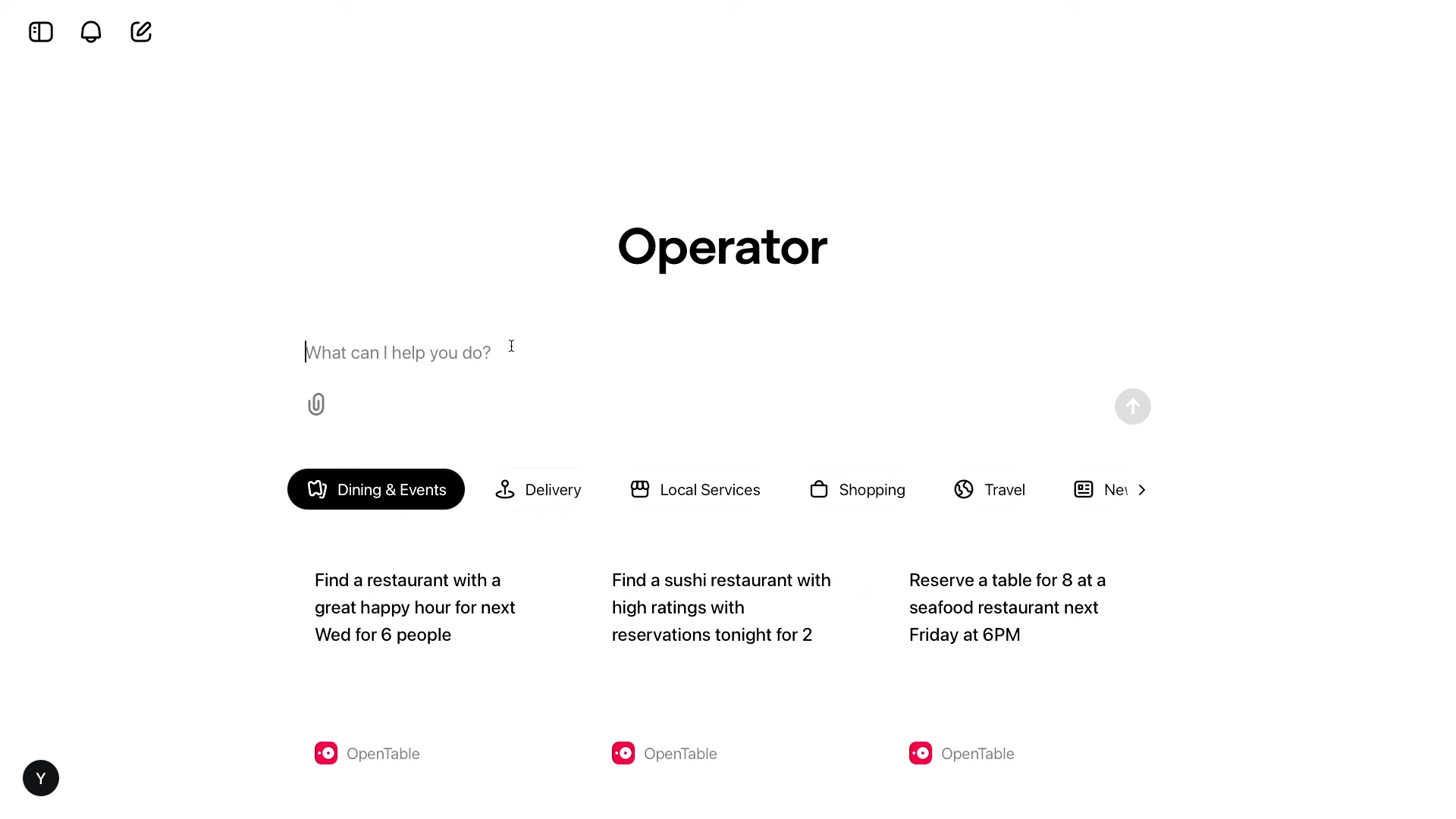I’m yet to task ChatGPT with taking over some of my online shopping, and that’s for two very good reasons. First, ChatGPT Operator, the only AI agent that might come close to shopping for anything on my behalf right now, is only available to ChatGPT Pro users, which is the $200/month AI subscription I can’t justify paying for.
More importantly, I’m not ready to hand over my payment data to the AI or trust that ChatGPT will follow my instructions correctly. I’m more likely to ask Operator to browse the web for the things I need, then handle the final steps myself, payment included.
That said, I am aware that Visa, Mastercard, and PayPal have already announced credit card tech designed to keep payment credentials safe in the age of AI shopping. That’s one piece of the puzzle we need before we can fully trust AIs with our shopping needs.
It now looks like shopping giants like Walmart are preparing for the inevitable rise of AI agents doing the shopping, which is another important step for easing concerns about AI and online shopping.
One reason I’m not ready to trust AI with something as simple as a grocery list is that AI can hallucinate information. What if it makes a mistake? Online stores preparing their platforms to be more AI-friendly could help reduce that risk.
I wouldn’t tell the AI to buy everything for me online. Shopping is still a fun experience, and browsing online stores can be therapeutic. But online shopping also includes tedious, repetitive tasks where you buy the same things over and over. Groceries and household items fall into that category, and that’s a list I’d gladly hand over to Operator. I’d tell the AI how often I need certain items and let it take care of the rest.
Once Operator gets online, which it does via a virtual machine rather than my Mac, it would be equipped with my shopping list, preferences, shipping address, and payment data. All it would need to do is find the items I want and complete the purchases.
There could also be conditions for shopping. For example, I’d want it to wait for deals or sales on certain products, so the AI wouldn’t make a purchase until the price is right.
For everything to work smoothly, online stores need to prepare. They have to handle extra traffic from chatbots and make sure the products are visible and accessible to AI agents.

Back to Operator. Walmart is already preparing its online store to accommodate AI agents, including advertising, according to Walmart CTO Hari Vasudev’s comments to The Wall Street Journal. AI won’t fall for promotional tricks that might sway human shoppers, so retailers will need ad campaigns designed to appeal to AI agents.
Walmart is also exploring two types of AI shopping experiences. One involves people using Walmart’s own shopping agents through the app or website. These AIs would handle repetitive tasks and respond to conversational prompts like, “I want to plan a unicorn-themed party for my daughter.” In that case, the AI would fill a basket with relevant items.
The second, and the one I’m more likely to use in the future, involves shoppers using the AI agent of their choice to do the shopping for them.
Walmart’s own AI could be part of that process. The shopper’s AI might interact with Walmart’s AI. But Walmart also sees a future where the AI agent browses and shops online just like we do—visiting websites, comparing options, and buying what it finds without ever speaking to a representative.
If I task the AI with buying a list of items from Walmart, half the job is done. The AI will visit Walmart’s online store, search for the listed items, and check that all conditions, such as price, are met.
But if I ask it to find the cheapest option overall, then the AI will have to browse the entire web to find the best deal. That’s where advertising might come into play. Just like us, the AI will see ads while browsing, not just product listings from various vendors.
Retailers like Walmart will need to think about how their products appear to AI agents, and when to offer discounts to them. I also suspect they’ll use internal AI tools to detect whether a human or bot is visiting the site and adapt pricing strategies accordingly.
The bottom line is that we’re still in the early stages of using AI for online shopping. But it’s encouraging to see retailers already preparing for AI customers. While we wait for that future, keep in mind that stores like Walmart are about to raise some prices, no matter who’s doing the shopping.








